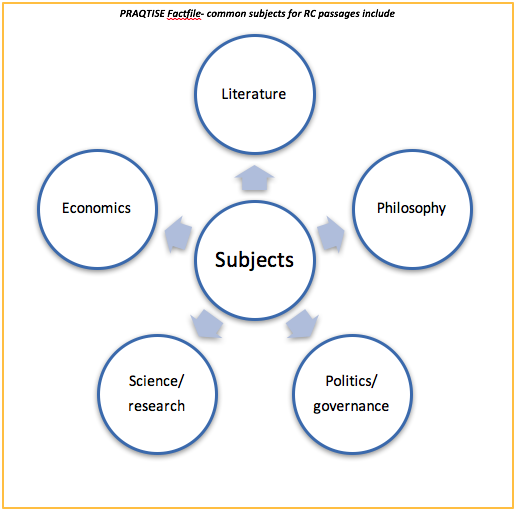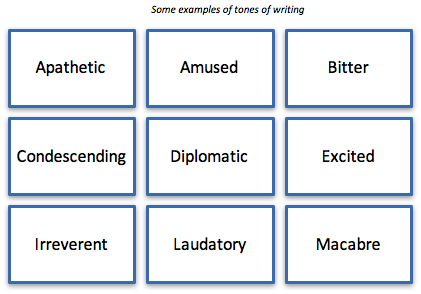This is how one student described her struggle with reading comprehension:
I gazed at the still pages of the book in silence. The slow whizzing of the fan and the clamour of the insects in their night orchestra together accentuated the static in the room. I read the line once more, most likely for the fifth time! I think I had lost count, yet despite everything I had absolutely no clue of what I had perused in the last half hour. Was I dreaming? Or was I in some kind of trance-like pit, where words were just sounds and had neither rhyme nor reason? But that couldn’t have been true, because every word made perfect sense by themselves. Yet, when put together in a thread complete with a complex sentence structure, all meaning associated with the words would not come together to make any sense at all.
Strangely, I went back to my picture book days. As children, just when we begin to comprehend minuscule bits of a dialect, hardly able to form sentences of our own, we correlate vibrant pictures of miscellaneous things with their names. We know what an apple or a ball or a cat looks like well before we begin to read independently. Because we read and comprehend simultaneously, we follow everything that is going on in the book. While I could no longer use picture references for my CAT syllabus, I couldn’t help but think about the ascending complexity of sentence structures that never fails to catch up with us.
WHAT IS READING COMPREHENSION?
Basically, reading comprehension is the ability to understand and process what you read. It is a purposeful, dynamic and intelligent technique that we start developing along with our habit of reading.
Reading Comprehension (RC) is one of the mainstays of the demonstration of reading. When we read certain content, we unknowingly partake in an exhibition of psychological processes. We are at the same time utilizing our mindfulness and understanding phonemes (individual sound “pieces” in dialect) & phonics (association amongst letters & sounds and the relationship between sounds, letters & words). The capacity to grasp or develop meaning form content determines one’s adeptness in reading comprehension.
4 TIPS TO IMPROVE READING COMPREHENSION
1) Include different varieties of subjects in daily reading:
The first step is to expand the horizons of daily reading.

Common subjects for RC passages
Set a target of reading 3 comprehension passages from each category per week during the initial months of study. This will be challenging as one’s natural reading preferences are likely to be restricted to a few domains. But it will ensure that you are not caught off guard by an unexpected subject in the MBA entrance exams.
2) Gain familiarity with diverse styles of writing:
Identifying the writing style used by the author helps greatly in understanding the overall meaning/intent of the passage. The tone of writing is a subtle but essential aspect of the passage. It indicates the attitude or point of view that the author possesses towards the topic.
PRAQTISE Factfile- The prominent types of writing styles adopted by authors are as follows
- Descriptive style- A descriptive passage will focus on a particular subject (event, person, or place) and provide in depth information about the same.
- Analytical style- Analytical passages will evaluate an idea, issue or a state of affairs by bringing out different perspectives such as pros and cons, advantages/disadvantages so as to reach upon a conclusion.
- Narrative style- In simple words, narrative passages follow the structure of a story. One can expect creativity and individuality in the style of expression. The passage will, however, ultimately be a narration with a start, middle and end.
- Argumentative style- Argumentative passages are written with the objective of conveying a stand/opinion on a particular issue/phenomenon. Arguments would be provided along with the thought process that led the author to develop this stance, with the intention of persuading the reader.

Some examples of tones used in writing
Start by picking passages thats ask questions about the writing style directly. A better way to develop this skill would be to try and identify what tone the author is using every time you read something.
3) Expose and test yourself against different types of questions:
MBA entrance exams will test your reading skills with a variety of questions. Some directly seek out details from the passage. Certain questions test your understanding of the main theme/idea of the passage, it’s tone, the author’s viewpoint. Questions also pertain to the inferences that you can draw from the passage or even the application of the proposed idea in other domains.
It is important to identify how comfortable one is with these different types of questions. One needs to develop the skill of picking the right question during CAT preparation. This exercise can go a long way in honing this skill.
4) Following a time based and goal oriented game plan:
It is important to keep in mind that we are improving our reading skills not as a general ambition in life but with a specific intent. It is necessary to create a numbers based game plan to achieve a measurable improvement in scores. A plan could be as simple as solving 5 comprehension passages daily along with 1 hour dedicated to reading general news and information articles online from multiple sources. Measure improvements in speed and identify the types of passages/questions that you find particularly challenging. Following this plan for 60 days will definitely improve your reading scores in a big way.
Log on to your PRAQTISE dashboard and you will have access to an assortment of infinite RC passages. You will also get a lot of statistics related to your performance in RCs.
A Praqtical look: Reading comprehension is perhaps the most important component of verbal ability. If you believe that verbal ability is your area of weakness, tackling the RC section is your best bet. Grammar and logic based questions are too technical and require extensive knowledge. Moreover, the reading comprehensions always account for a significant portion of the total score in almost all MBA entrance exams.
How good are your reading skills? Are you an avid reader or do you read rarely? Do you think that developing the reading habit for CAT and other MBA entrance exams will also help you on the personal front?
